By: Jaimie Glatt
According to WebMD.com, “Grief is a natural response to losing someone or something that’s important to you. You may feel a variety of emotions, like sadness or loneliness. And you might experience it for a number of different reasons. Maybe a loved one died, a relationship ended, or you lost your job. Other life changes, like chronic illness or a move to a new home, can also lead to grief”. Initially when we hear grief we may think of death, but grief can show up from a death or a transition in life. Can you name your last life transition? How did you cope? The 5 stages of grief can be defined as Denial (This isn’t happening), Anger (emotion joined with helplessness), Bargaining (What if’s), Depression (crying, sleep issues and decreased appetite) and Acceptance (coping with reality). These can show up in any order and often show up more than once.
However, sometimes we cannot see the symptoms that we are grieving and find ourselves in a state called tension release. Tension Release can look like over drinking, overworking, craving fried or sweet foods, or under/overeating. When you are in a state of tension release, you are may notice that you have failed to stop and evaluate the stressor, and you are in a state of distress. I define myself as a “foodie” and I am a hypersensitive person. Therefore, when I am stressed, I become an emotional eater. Over time, I’ve become more aware of my cravings that try to soothe my discomfort in a transition or loss, but when I faced my very first death at the age of 16, I was completely unaware of how to put a name to the emotions I was feeling. Years later, I know that because I suppressed my emotions at that time, I found depression reenter my life years later. It is so important that we can name emotions, so we know how to evaluate them to find a solution.
MD.com mentions coping strategies such as:
Returning to your hobbies. Ask yourself what would your inner child do and use this question to guide your next steps.
Taking care of yourself- This includes eating regularly, eating well, and exercising regularly.
Talking to others.- Avoid isolating yourself. This is extremely critical to avoid compounding the grief.
You may have heard the saying, “What we resist, persists.” If you feel you are in a stage of grief, I invite you to give yourself space to evaluate how you are feeling over time. You may benefit from therapy to be able to speak aloud your thoughts in a confidential space, or among a group of people who share your similar form of grief. You may also consider doing a feelings wheel activity or mindfulness practice to become more aware of your grief stage, and how this feeling reflects as tension in your body. Please remember, you are not alone. We are wired for connection, and in loss, finding something or someone to connect to in your state of grief can truly be transformative in your healing process.
References
https://www.webmd.com/balance/normal-grieving-and-stages-of-grief

